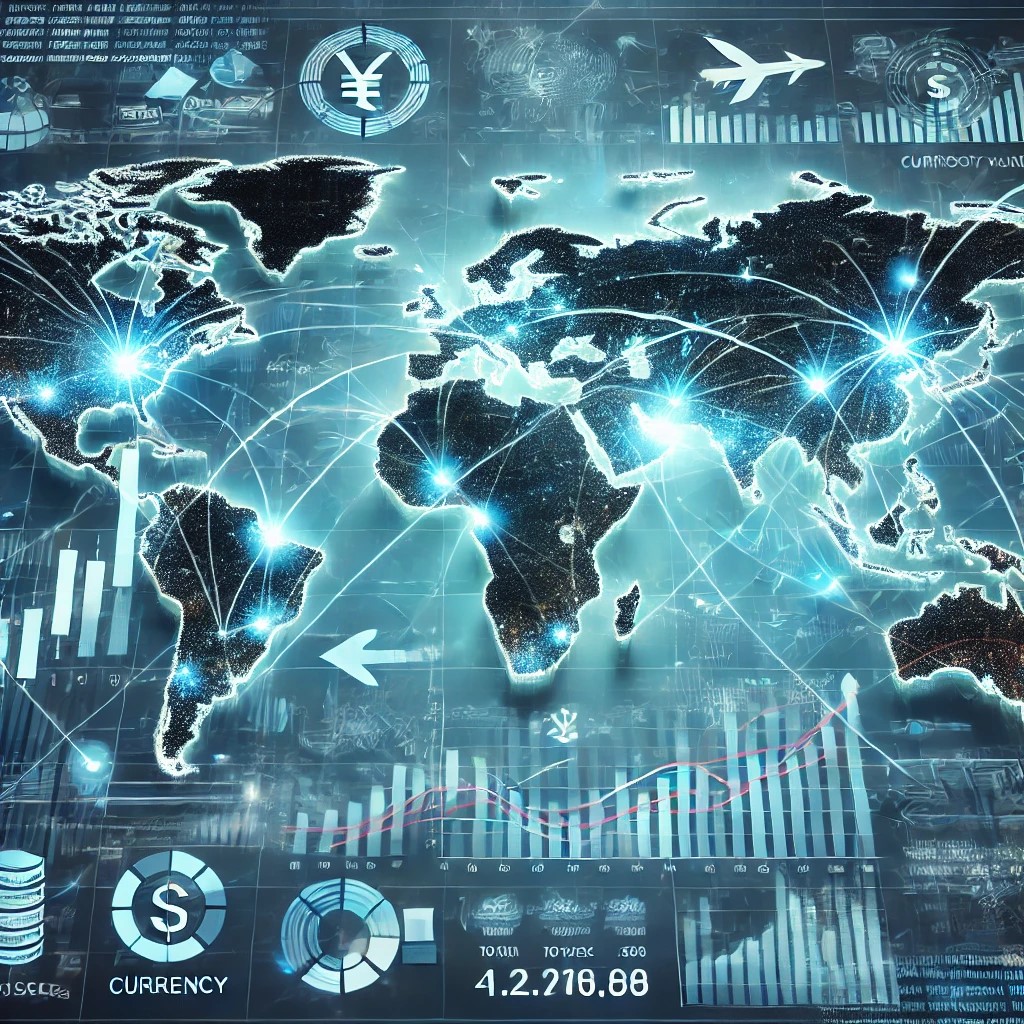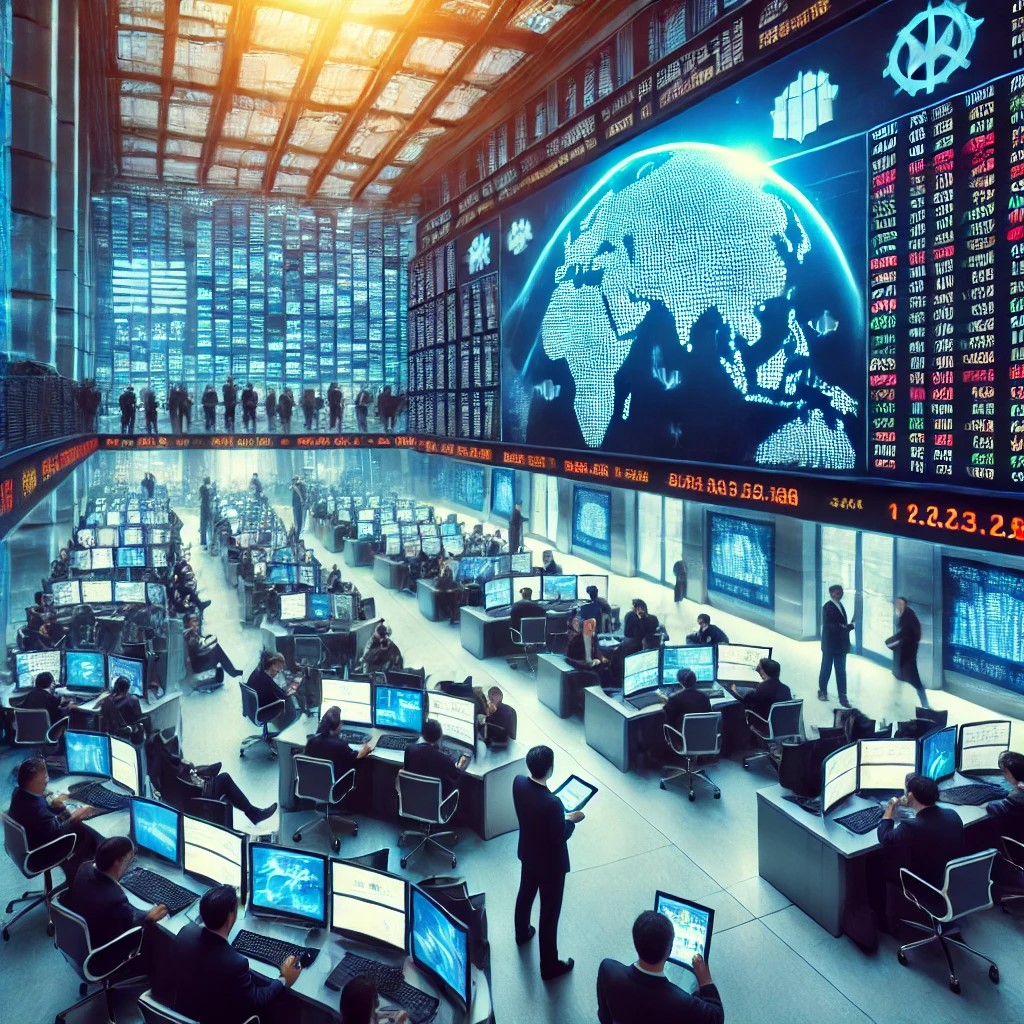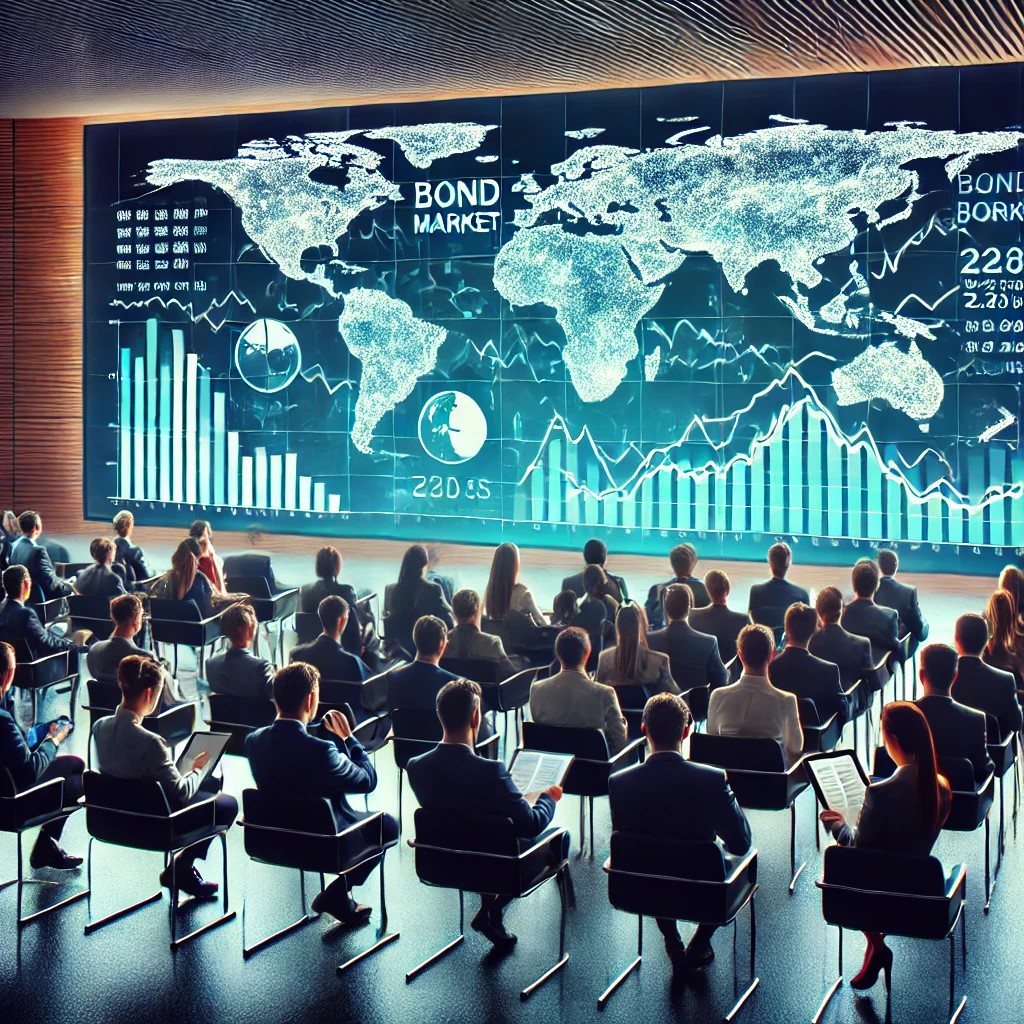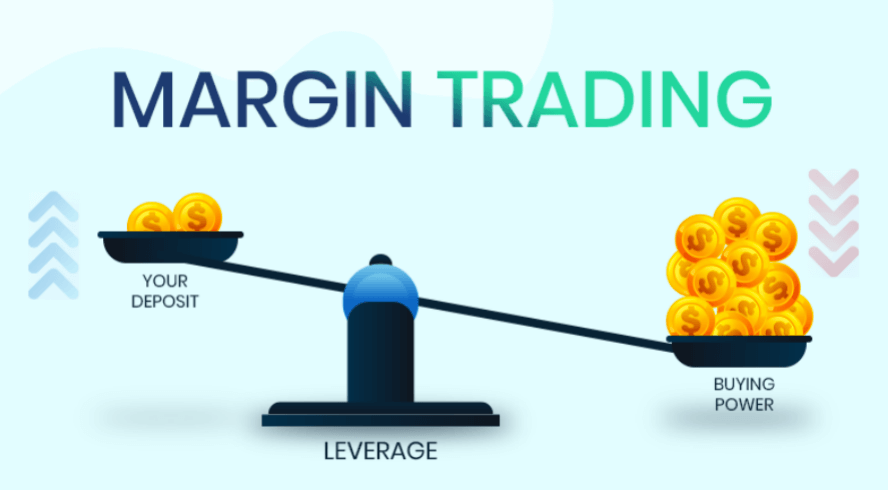Global trade dynamics have a profound influence on financial markets, shaping economic policies, investment decisions, and market behaviors worldwide. The interconnectedness of global economies means that shifts in trade policies, economic alliances, and international agreements can send ripples across financial markets, affecting everything from stock prices to currency values. This article explores current trends in global trade dynamics and their impact on financial markets, along with future predictions for this ever-evolving landscape.

Current Trends
Supply Chain Disruptions: The COVID-19 pandemic highlighted the vulnerabilities in global supply chains, leading to significant disruptions. Financial markets responded with heightened volatility as companies struggled to maintain production and distribution. The experience has prompted many businesses to reconsider their supply chain strategies, focusing on resilience and diversification. This shift is likely to have long-term implications for global trade patterns and market behaviors.
Technological Advancements: Technology continues to play a crucial role in shaping global trade. Innovations in logistics, such as blockchain and AI-driven analytics, are enhancing the efficiency and transparency of international trade. These advancements are helping businesses streamline operations, reduce costs, and manage risks more effectively, thereby influencing market dynamics and investment strategies.

Future Predictions
Sustainable Trade Practices: As environmental concerns take center stage, sustainable trade practices are expected to gain prominence. Companies and investors are increasingly prioritizing environmental, social, and governance (ESG) factors, leading to the rise of green trade initiatives. Sustainable trade practices will likely drive new investment opportunities in renewable energy, clean technology, and environmentally friendly products, shaping the future of financial markets.
Digital Trade and E-Commerce: The growth of digital trade and e-commerce is transforming global trade dynamics. The increasing reliance on digital platforms for buying and selling goods and services is creating new market opportunities and challenges. Financial markets will need to adapt to these changes, with a focus on technology-driven companies and sectors poised for growth in the digital economy.
Regional Economic Integration: Regional economic integration is likely to deepen, with countries seeking to strengthen economic ties and boost intra-regional trade. Initiatives such as the European Union's single market and ASEAN's economic community will continue to influence global trade patterns. Investors will need to consider these regional dynamics when making investment decisions, as they offer both risks and opportunities.

Resilience and Diversification: Building resilient and diversified supply chains will be a priority for businesses in the wake of recent disruptions. Companies will invest in technologies and strategies that enhance supply chain agility and minimize risks. Financial markets will respond to these shifts, with increased interest in sectors and companies that demonstrate resilience and adaptability.
Conclusion
Global trade dynamics have a significant and far-reaching impact on financial markets. By understanding current trends and anticipating future developments, investors can better navigate the complexities of international trade and make informed decisions. As trade policies evolve, technology advances, and sustainability gains importance, the interplay between global trade and financial markets will continue to shape the economic landscape, offering both challenges and opportunities for market participants worldwide.





